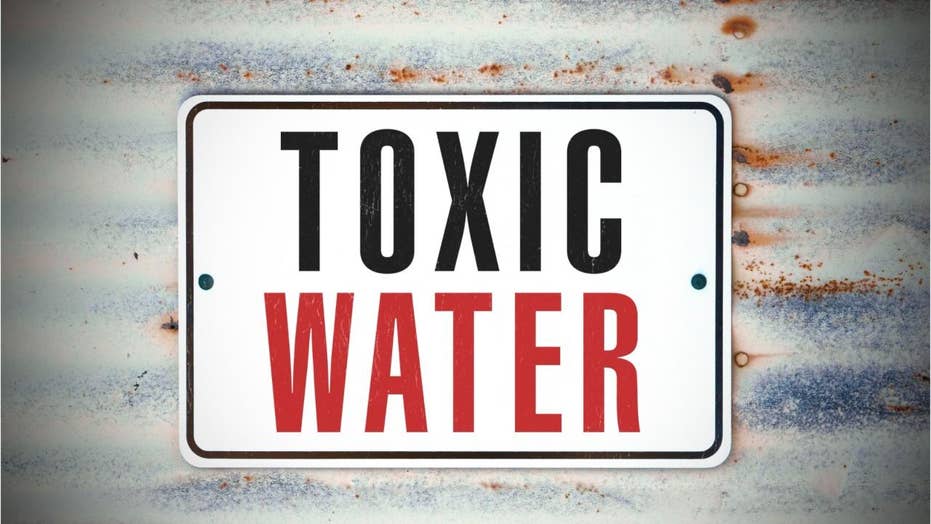
A groundbreaking study has uncovered the presence of a potentially toxic chemical in drinking water sources in multiple cities across the country. The chemical, perfluorooctanesulfonic acid (PFOS), has been linked to severe health conditions, including cancer and birth defects. The findings have raised alarm among public health officials and residents and have prompted calls for immediate action.
“This discovery is deeply concerning,” said Dr. Emily Carter, a toxicologist at the Center for Environmental Health. “PFOS is known to accumulate in the human body and has been associated with a range of adverse health effects.”
“The levels detected in certain water sources exceed the health advisory limits set by the EPA,” added Dr. James Smith, an environmental scientist at the University of California, Berkeley. “Long-term exposure to PFOS can pose serious health risks.”
PFOS is a man-made chemical used in a wide variety of industrial and consumer products, including firefighting foam, nonstick cookware, and stain-resistant fabrics. Its widespread use has led to its accumulation in the environment, including water sources.
The study’s findings have far-reaching implications for public health and environmental protection. Residents living in affected areas may be at an increased risk of health problems. Water utilities and government agencies are facing pressure to take steps to remove PFOS from drinking water or provide alternative sources.
The Environmental Protection Agency (EPA) is currently reviewing the study’s findings and exploring potential regulatory options. Some water utilities have already begun implementing filtration systems to reduce PFOS levels in water supplies.
The long-term impact of the discovery remains uncertain. However, the study highlights the need for ongoing monitoring of drinking water sources and continued research into the effects of toxic chemicals on human health. By taking prompt action, public health officials and regulatory agencies can protect the well-being of the public and ensure access to safe drinking water.
